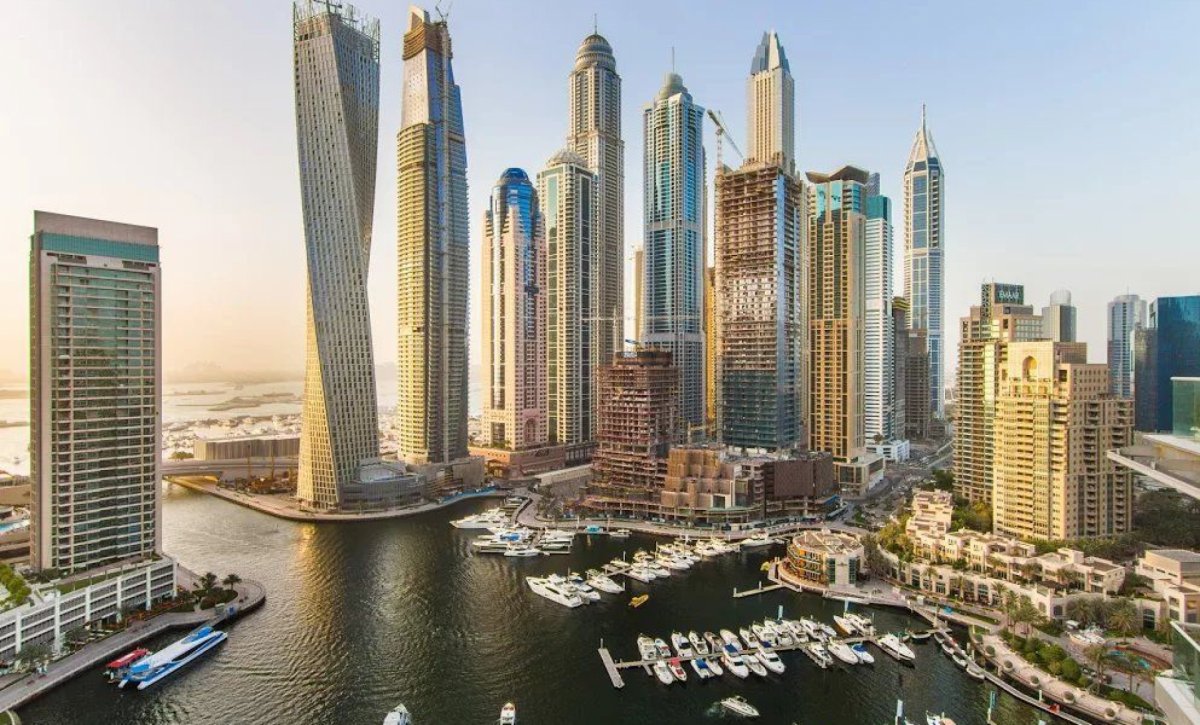Dubai’s commercial real estate market offers a wealth of opportunities for businesses seeking office spaces, retail outlets, and industrial facilities in one of the world’s most dynamic business hubs. Whether establishing a new venture, expanding operations, or relocating to strategic locations, leasing commercial properties in Dubai requires careful consideration of various factors to ensure optimal outcomes. From location selection and lease negotiations to regulatory compliance and market dynamics, understanding key considerations is essential for businesses navigating the commercial real estate landscape in Dubai.
Choosing the Right Location
Selecting the right location is paramount when leasing commercial properties in Dubai, as it can significantly impact business operations, visibility, and accessibility. Consider the following factors when evaluating potential locations:
- Accessibility: Choose locations with convenient access to transportation networks, major highways, airports, and public transportation hubs to facilitate commuting for employees, clients, and suppliers.
- Visibility and Foot Traffic: Opt for high-traffic areas with high visibility and pedestrian footfall, particularly for retail and commercial spaces targeting consumer-oriented businesses.
- Proximity to Amenities: Ensure that the chosen location is in close proximity to amenities such as restaurants, cafes, banks, hotels, and retail centers to cater to the needs of employees and clients.
Understanding Lease Terms and Conditions
Leasing commercial properties in Dubai involves negotiating lease terms and conditions that align with the needs and objectives of the business. Consider the following aspects of lease agreements:
- Lease Duration: Determine the desired lease duration based on the business’s long-term plans, growth projections, and flexibility requirements. Negotiate lease terms that provide the optimal balance between stability and flexibility.
- Rent Structure: Understand the rent structure, including base rent, service charges, and any additional costs or fees associated with the lease. Clarify payment terms, escalation clauses, and provisions for rent adjustments.
- Tenant Improvements: Discuss tenant improvement allowances and responsibilities for fit-out works, renovations, and modifications to customize the space according to the business’s requirements.
Compliance with Regulatory Requirements
Leasing commercial properties in Dubai requires compliance with regulatory requirements and legal obligations imposed by relevant authorities. Consider the following regulatory considerations:
- Licensing and Permits: Ensure that the business holds the necessary licenses and permits required to operate in the chosen commercial property, including trade licenses, activity permits, and approvals from regulatory bodies.
- Zoning Regulations: Verify that the intended use of the commercial property complies with zoning regulations and land-use restrictions imposed by Dubai’s authorities. Obtain necessary approvals for specific activities or commercial operations.
Market Analysis and Negotiation Strategies
Conducting a thorough market analysis and adopting effective negotiation strategies are crucial for securing favorable lease terms and maximizing value for the business. Consider the following tips:
- Market Research: Analyze market trends, rental rates, vacancy rates, and demand-supply dynamics in the desired commercial locations to make informed decisions and negotiate competitive lease terms.
- Negotiation Tactics: Employ effective negotiation tactics to leverage market conditions, negotiate concessions, and secure favorable lease terms, such as rent reductions, lease incentives, or lease flexibility clauses.
Conclusion
Leasing commercial properties in Dubai presents businesses with opportunities for growth, expansion, and strategic positioning in a vibrant business environment. By carefully considering factors such as location selection, lease terms, regulatory compliance, and negotiation strategies, businesses can navigate the commercial real estate market in Dubai with confidence and success. With a thorough understanding of key considerations and diligent planning, businesses can secure commercial properties that meet their operational needs, enhance their brand visibility, and support their long-term growth objectives in Dubai’s dynamic business landscape.





